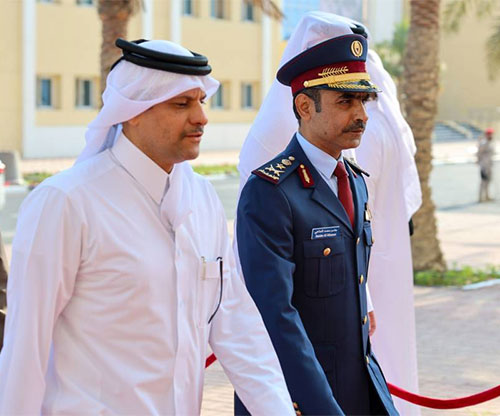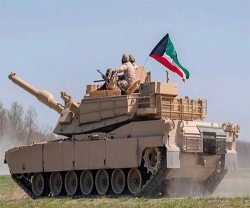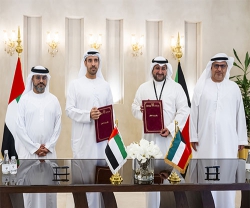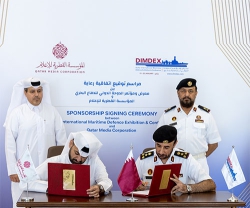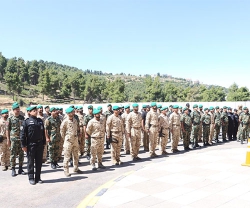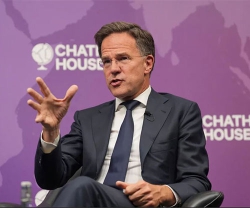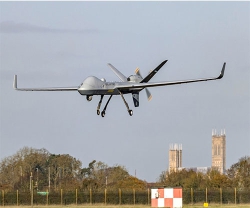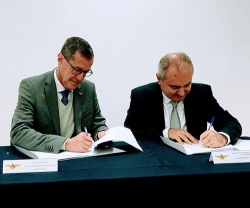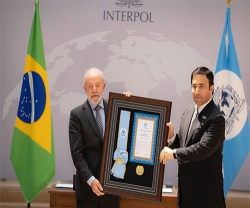Under the patronage of Qatar’s Deputy Prime Minister and Minister of State for Defence Affairs HE Sheikh Saoud bin Abdulrahman Al Thani, the Ministry of Defence launched the Defence Digitalisation Compass at Ahmed bin Mohammed Military College last week.
The compass’ objective is to transform Qatar Armed Forces into an efficient, information-driven, knowledge-based and networked organisation, and to foster digital acumen in its workforce.
“The Digitalisation Compass marks a fundamental shift in the Armed Forces’ work culture and perspective, shaping how to leverage on technologies to operate and gain advantage in a global information environment and modern battlespace. It aligns with and responds to high-level guidance from the country’s Defence and National Security Strategies,” said the Deputy Prime Minister and Minister of State for Defence Affairs.
“It will also be supported through other subordinate strategies,” he added.
The Defence Digitalisation Compass also aligns with Qatar’s national security strategies and the Third National Development Strategy (NDS3), which aims to support Qatar National Vision 2030.
This vision has identified digital technology as a key sector for developing the country’s long-term capabilities in emerging fields such as artificial intelligence and robotics.
The Defence Digitalisation Compass focuses on the systematic modernisation of systems and technological infrastructures, as well as the work processes and methodologies adopted by the Ministry of Defence to maximise the use of available resources and capabilities, thereby improving performance and efficiency. It will also help the armed forces become more adaptable, innovative, and capable of fully utilising their joint capabilities in all areas.
Chief of Staff of Qatar Armed Forces HE Lieutenant-General (Pilot) Jassim bin Mohammed Al Mannai said the successful implementation of the Defence Digitalisation Compass would ensure an enhanced level of readiness, effectiveness and interoperability in the country’s Armed Forces.
“In today’s world, armed forces have already become more reliant on technology, but future conflicts will heavily depend on critical technologies like artificial intelligence, robotics and cloud computing, to name but a few,” he explained.
He further pointed out that the Qatari Armed Forces must transition to a data-driven, technology-reliant force and better equip with the latest digital information, operating systems, and best practices to consistently achieve success.
The Chief of Staff said the digital transformation heralds a new era of creativity and revolution in the defence field, paving the way for investment in human talent, new weapons, and systems, thereby enhancing the efficiency and effectiveness of military operations, adding that this will also increase the situational awareness of the armed forces and improve their joint capabilities to respond to threats in increasingly complex operational environments.

